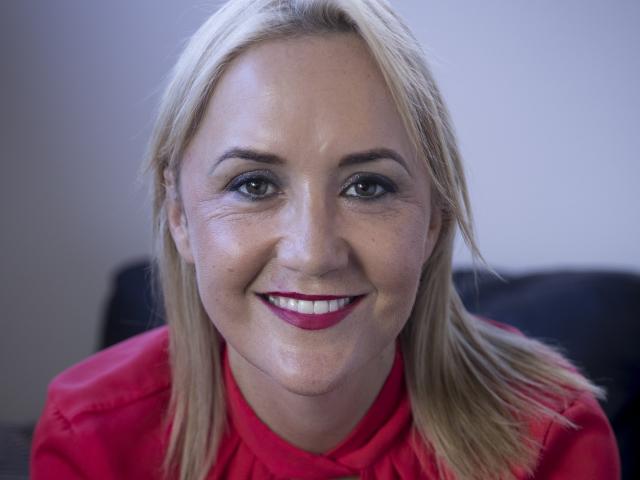
Education Minister Nikki Kaye said she was concerned to hear some pupils might be disadvantaged by changes to bus services in Dunedin.
''It's important that students living some distance from school are able to access suitable transport to get them there,'' she said.
''The Ministry of Education is able to help in some situations where there is no suitable public transport available.
''The ministry has assured me it is actively working with the Otago Regional Council and Go Bus to gain a clear understanding of the situation, and ensure there are suitable transport options for affected students.''
Dunedin South MP Clare Curran said she had been contacted by many concerned constituents, including those particularly worried over the loss of the Otago Peninsula school service.
What had happened was clearly ''unacceptable'' and ''a shambles'', Ms Curran said.
The ministry had a statutory responsibility to ensure young people could attend school and she was pleased the ministry and the regional council were actively working to find a solution, she said.
Otago Regional Council chief executive Peter Bodeker said the council had begun investigating solutions for the discontinued commercial school bus services.
The services were run strictly commercially, he said. That meant Go Bus operated them independently for profit without subsidies from the council, the ministry or individual schools.
''While the Go Bus services, and their removal, are outside the regional council's control, ORC staff are disappointed at the timing of the announcement and the lack of notice given by the operator to school communities affected.''
He said there had been several calls from the community for the council to take action on the issue.
Staff were working on a discussion paper for next week's council meeting. That would provide initial commentary
and potential options.
These might include, as an example, options for a service subsidy by individual schools, the Ministry of Education or the regional council.
Go Bus South Island operations director Nigel Piper said Go Bus had operated school services in Port Chalmers and the Otago Peninsula since 2014, on a ''privately run, stand-alone, user pays'' basis.
''Unfortunately, these services have experienced declining patronage over recent years, and are no longer viable to operate.
The decision to stop was taken only after a thorough review and consideration, Mr Piper said.
''A fare increase was applied in 2016. However, this wasn't sufficient to arrest the falls in revenue as passenger numbers decreased.''
The company had to subsidise costs on the routes and the buses were due for replacement and no longer economic to run.
Mr Piper said Go Bus no longer operated urban bus services because it lost the ORC's Unit 1 contract earlier this year.
The new urban services were subsidised by the New Zealand Transport Agency and the council and provided a viable alternative travel option for many families.
''As these changes have now been implemented by ORC, and parents can examine what their alternatives now are, we made the decision to terminate the loss-making school services at the end of term 3 and communicated with the schools affected in September.
''We have also publicised the change through the placement of posters on the affected school buses.''
If families believed they were entitled to Ministry of Education funded school transport, they would need to discuss that with their school.












